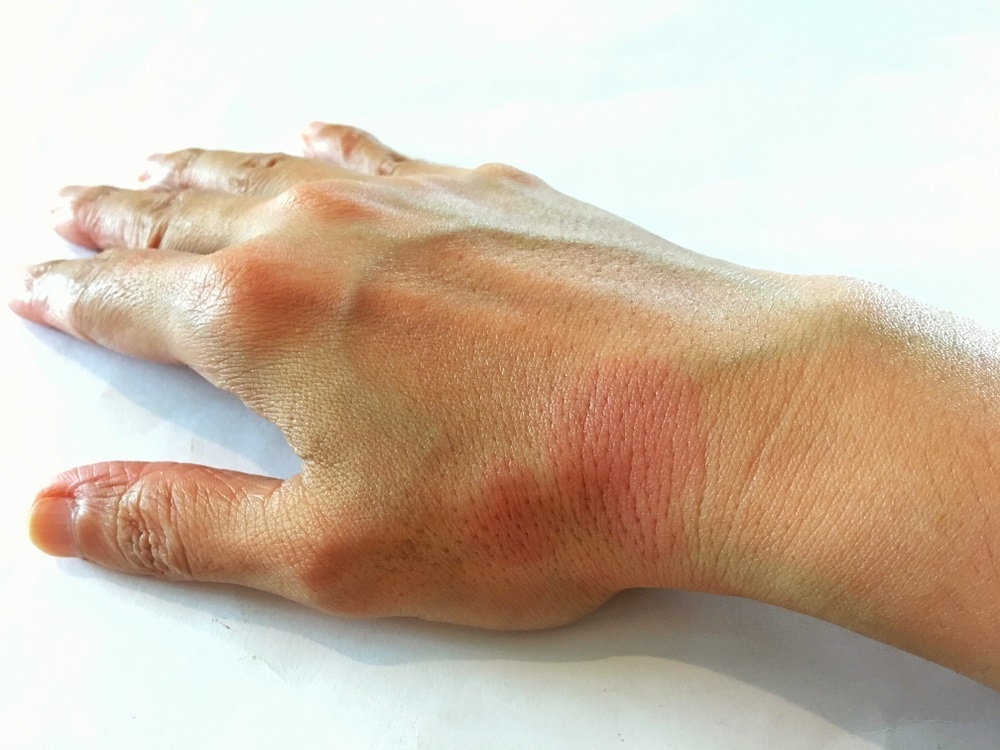A drug used for cancer therapy has shown promise in reversing kidney damage caused by systemic lupus erythematosus (SLE, or lupus), according to a Yale-led study published April 8 in the journal Science Translational Medicine.
Kidney damage affects about half of the patients with lupus, sometimes leading to renal failure with a requirement for dialysis or transplantation. Finding what causes that damage is extremely important."
Joe Craft, the Paul B. Beeson Professor of Medicine (rheumatology) and Professor of Immunobiology
Lupus is an autoimmune disease in which immune cells attack tissues in the body of the host, with kidneys being particularly susceptible in a condition called lupus nephritis. In lupus nephritis, the patient's own T cells infiltrate kidney tissue and trigger a decrease in oxygen, leading to tissue damage and potentially end-stage kidney disease.
 Image Credits: korn ratchaneekorn / Shutterstock.com
Image Credits: korn ratchaneekorn / Shutterstock.com
Craft and lead author Ping-Min Chen, a former graduate student at Yale now a postdoctoral researcher at Harvard Medical School, investigated the effects these invasive T cells had in lupus nephritis. They found that the T cells implicated in lupus express a factor called hypoxia-inducible factor-1 (HIF-1), which is regulated by oxygen levels in the kidney. When activated, HIF-1 instructs the T cells to attack tissues, further lowering tissue oxygen levels and causing more kidney damage.
The researchers theorized that blocking HIF-1 might help prevent oxygen depletion and damage of kidney tissue. They used a drug to inhibit HIF-1 -- which has been used in clinical trials as a treatment for cancer in humans -- to treat mice with models of lupus. They found the drug slowed infiltration of T cells into kidney tissue and reversed damage. They also found that the same HIF-1 regulated damage is present in biopsy samples of SLE patients with lupus nephritis.
The findings suggest this therapy might be beneficial in lupus nephritis. Since this drug and others that block HIF-1 function have been used in humans with cancer, they could be used for treatment of patients with lupus."
Joe Craft